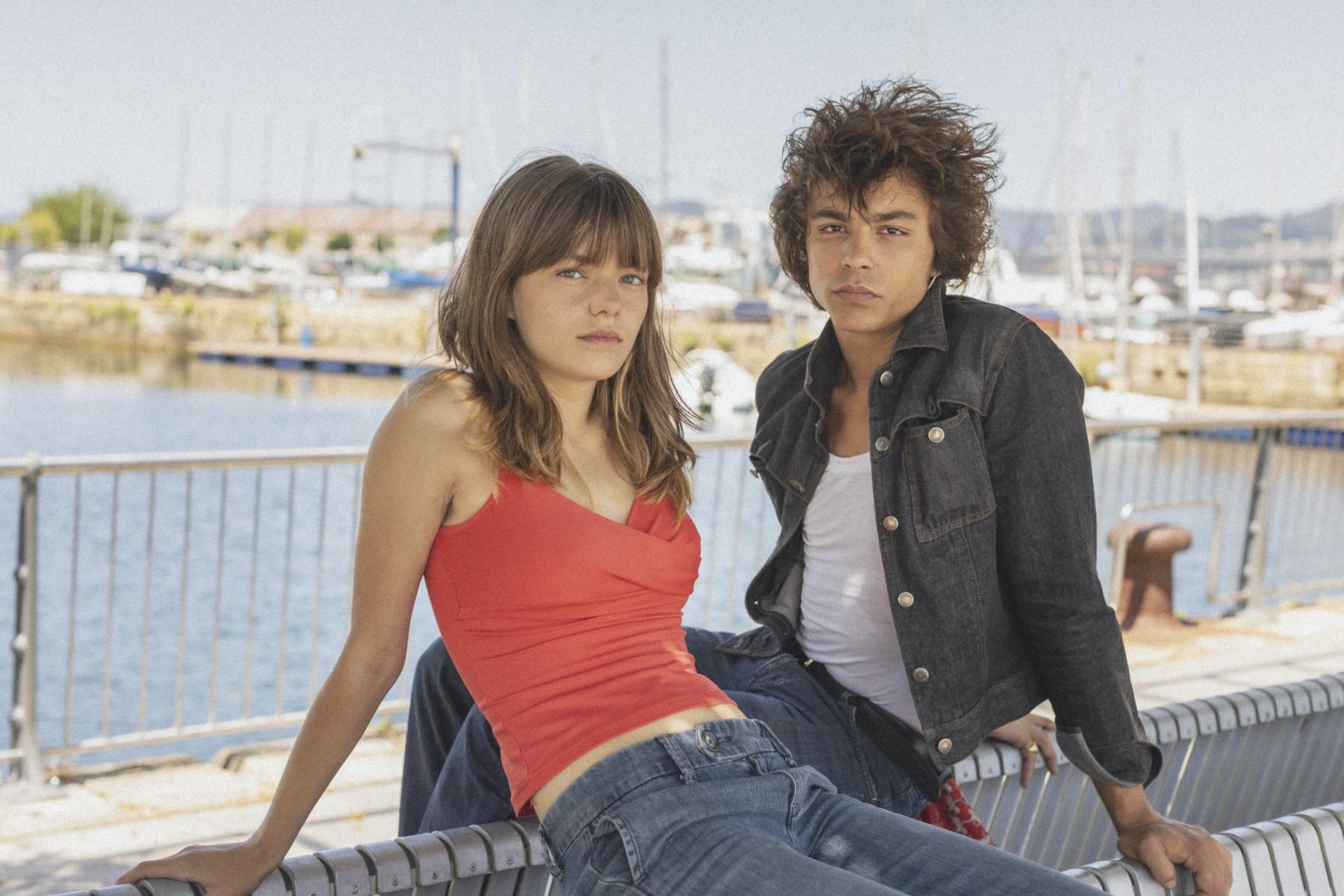




Dir: Carla Simon | 2025 116’ Spain
Reviewed by Peter Herbert
Romeria is a word used to describe a trip for which this beguiling new indie Spanish film poses the question: “does sharing the same blood make you part of the same family?”.
There will be answers, as director Carla Simon continues her familial obsessions after the 2017 debut Summer 1993 involving the relationship of a child and her mother, followed by Alcarras in 2022 exploring concerns about family and land ownership. Romeria delves further into more complex adult relationships, mixing elements of fiction andautobiography.
The centre of the film is 18-year-old Marina, played by Llucia Garcia, who arrives in the coastal town of Spain’s Galicia with the intention of obtaining a certificate of her father’s death to claim a bursary for a film study scholarship. Adopted from an early age, she meets members of an extended, remote family she barely knows.
Alongside playful scenes involving younger relatives and growing romantic interest in a young lad, there will be other more challenging discoveries relating to uncomfortable family truths involving secrets, lies and guilt. These are linked to her affluent maternal grandparents who covered up the deaths of Marina’s parents from drug addiction and AIDS. In one of the film’s most powerful sequences, involving patriarchal grandparents, the young girl will make a decision that is a reflection of Carla Simon’s moral gravity at the heart of the film.
Romeria offers a sensitive feminine visual eye for the journey of a young girl into adulthood, often inserting moody visual doodles of the sound of glass chimes blowing in the wind. These sometimes-languid slow sequences evoke memory as much as the mix of film stock and Cam Corder-recordings reflect a film seamlessly time travelling between 1984 and 2004.
The final chapter of the film involves a bold shift of tone into magical realism. As the young girl embraces imagined memories of wildly hedonistic parents, Romeria may feel like stoned outtakes from Barbet Schroeder’s 1969 film More. They are however grounded by the filmmaker with deeper underlying intentions as happens with another Spanish indie filmmaker Eva Libertad during the startling shift in tone of the final scenes in Deaf. Both films have parallel points of interest worth exploring further.
The final sequences in Romeria may be the catalyst for a young woman confronting an imagined past in order to embrace her own future, blood and lifeline. They also reflect not only confident growth of a young girl but also the vibrant support of contemporary Spanish film culture for women filmmakers such as Carla Simon and Eva Libertad. @PeterHerbert
SCREENING DURING BFI LONDON FILM FESTIVAL 2025